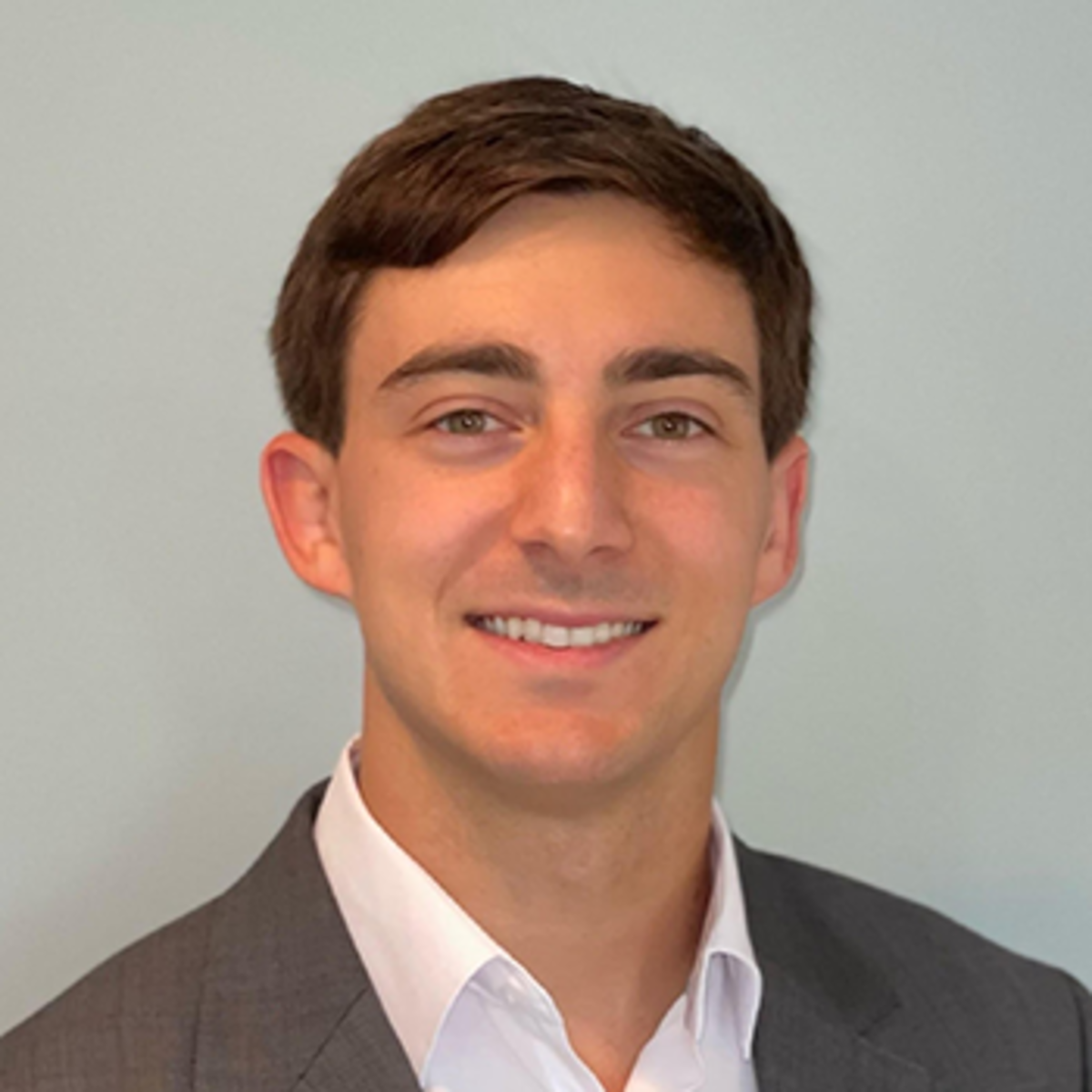Onward, Upward and Online: The Stevens' Financial Engineering Degree
“Being able to ask questions about things and challenge my assumptions really helped me move forward in my career.” - Jeff Bulick ’23, M.S. Financial Engineering
Today’s constantly evolving business world, and the technological innovations driving the digital economy, have made it imperative for professionals to continually invest in their most important asset—themselves. Things move quickly and the broader the knowledge base, the more opportunity there is for career growth and advancement.
Meet Jeff Bulick. Working as a consultant in the fintech industry, selling software to large banks and helping them build out infrastructure, he soon realized that he needed to combine his technical expertise with a command of the financial markets. He completed his master’s degree in financial engineering at Stevens in less than three years, taking courses part-time at his own pace, all while continuing his full-time work schedule.
Why were you interested in pursuing this degree?
My undergraduate degree is in computer engineering, so more on the technology side. As I started to get into the industry, I was working with these financial products I didn't know as much about, and I wanted to learn more about it; feel more confident.
Why did you choose Stevens to continue your education?
I narrowed it down to a few schools like Columbia, Stevens and Johns Hopkins. At Stevens, the price point seemed reasonable relative to the others and the curriculum was what I was looking for. I met some of the directors and they were impressive—Professor (Ionut) Florescu, Dr. (Emmanuel) Hatzakis. After meeting them, I was interested in learning more about the program and what it offered. They were a strong selling point for me.
How has your Stevens experience impacted you?
It definitely helped me get my current role today. I switched jobs midway through the program, and it helped open doors. It allows you to explore certain sub-industries if you have the willingness to do so.
Was there anything you learned that influenced your career path?
With the master's in financial engineering, we do a lot of financial modeling, future modeling. I didn't have any exposure to that previously. My current job leveraged a headhunter that was specifically looking for some of the skills my degree at Stevens taught me. I'm already noticing a lot of topics that I'm focusing on directly were used in some of my courses.
What were the benefits of the program's flexibility?
Being able to go part-time at my own pace was huge. Working full time is very challenging, and I think each student is going to get what they put into it. The night courses are great for somebody working full-time. It can be tough. You're using your free time to do it, but it's really the only way to do it while working full time. I thought it was great to have that flexibility to even achieve it.
What was the typical online course experience?
They were small courses, which is always good. With online courses, some people might say that it's less emotional or real, but when you're studying something like financial engineering, it doesn't necessarily have to be. It was almost exactly as it was in person. On Monday, we'd have a 3-hour Zoom lecture and then each week there would maybe be 3-5 hours of homework. It was a nice balance of the lecture and then being able to do the homework on my own schedule.
How would you describe your access to the professors?
Every single professor was accommodating. That's a huge plus. In two of my courses, the professors were industry practitioners, and in those classes, it was really essential to interact with the professor so you can talk about some of the assumptions that they're making.
Was there anything that surprised you about your experience at Stevens?
I think what surprised me was how seamless and effective it was online. I think with a targeted degree like this, there's just no difference. For me personally, it was nice to do my undergraduate in person, but going virtually for the master's degree there wasn't any difference in how I benefitted.
What advice would you give someone considering an online degree at Stevens?
(Laughing) Don't ever do this much math. But no, if you're interested in financial modeling, investing, risk, randomness, etc., I would absolutely recommend Stevens to get ahead in your career. It's a good structure with really intelligent professors that care.
What was your most enjoyable experience?
I won the trading competition we had with one of our courses. We were learning about hedge fund strategies, and we had a lot of good hands-on assignments. We had to price a trade as if we were the market maker for a client. We'd then have to decide how much risk to take for the next week, and then at the end, the person with the most profit won.
What was your experience working with the online program's staff?
I've always had a really good experience with Stevens. It was seamless. I never had to worry about those sorts of details and could focus on the academics. The online documentation for everything is good; there's always a name I can find. If I needed to reach out to somebody, everybody was very prompt in responding. It's really a good program.



